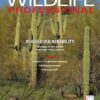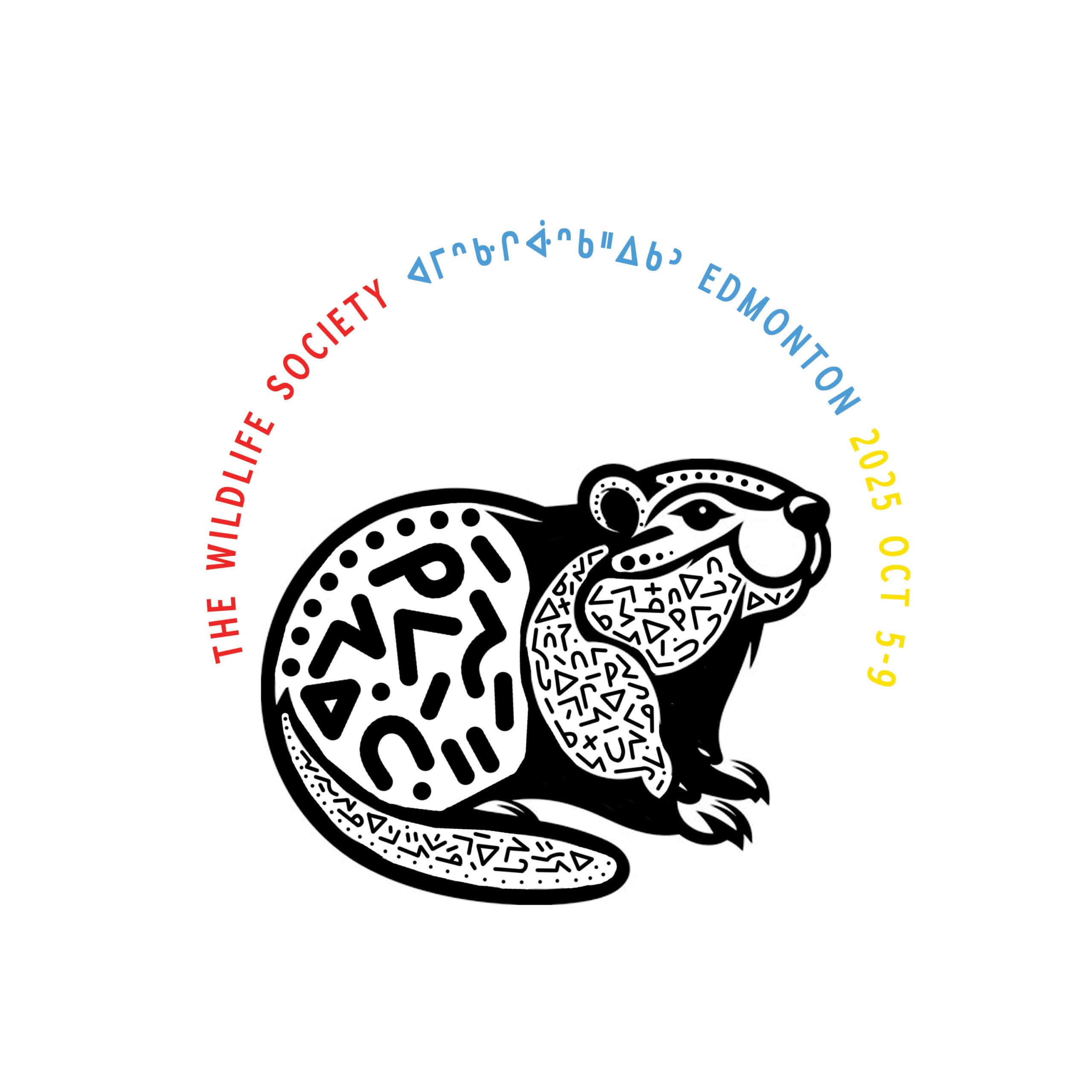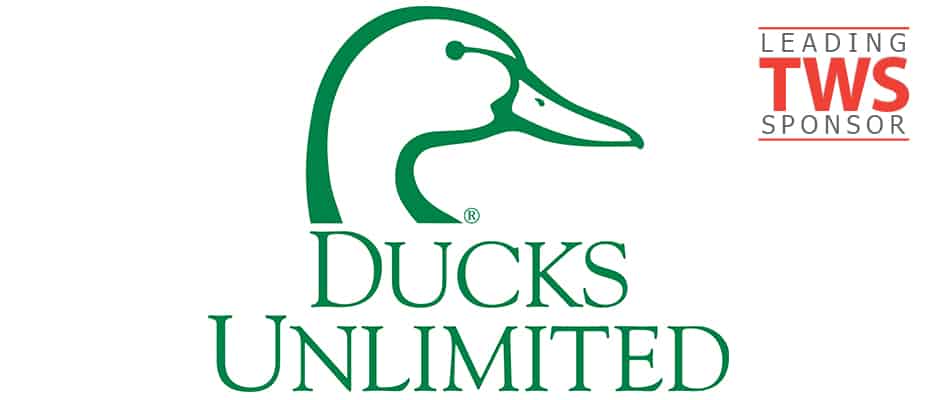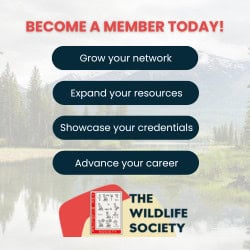Share this article
Ducks Unlimited becomes TWS Leading Sponsor
Over the past few months, Ducks Unlimited and The Wildlife Society engaged in discussion and negotiations that have resulted in the world’s largest private waterfowl and wetlands conservation organization signing on as a TWS Leading Sponsor.
The new relationship will help both organizations reach an even greater number of conservationists, scientists and wildlife advocates, both professional and recreational. In the U.S. alone, DU has over 600,000 adult members and has helped conserve over 13 million acres throughout North America. In fiscal year 2015, 85 percent of its operating budget of over $227 million was devoted to DU’s waterfowl and wetlands conservation and education mission.
“Ducks Unlimited and The Wildlife Society were both founded in 1937,” said Ed Thompson, TWS chief operating officer. “Since then, both organizations have become highly respected leaders in science-based habitat management and conservation, so the opportunity for us to collaborate on important issues and share information with each other’s members will benefit both organizations.”
An important element of the new relationship is Ducks Unlimited’s support of the TWS Annual Conference as a Gold Sponsor. DU will be sponsoring the Quiz Bowl competition and will participate in a special event for students — a panel discussion on wildlife career opportunities. Additionally, DU will share valuable information and content with TWS members through articles that will be published at wildlife.org.
Moving forward, the two organizations will continue to help each other carry out similar, yet uniquely distinct missions so that they can preserve wetlands, waterfowl and all wildlife and habitats for future generations.
“We are looking forward to building this partnership in a way that will help strengthen the linkage between science and management,” said Scott Yaich, Ducks Unlimited’s Chief Scientist. “The conservation and academic components of the wildlife conservation community complement and depend on one another to ensure the future of effective wildlife and habitat conservation.”








